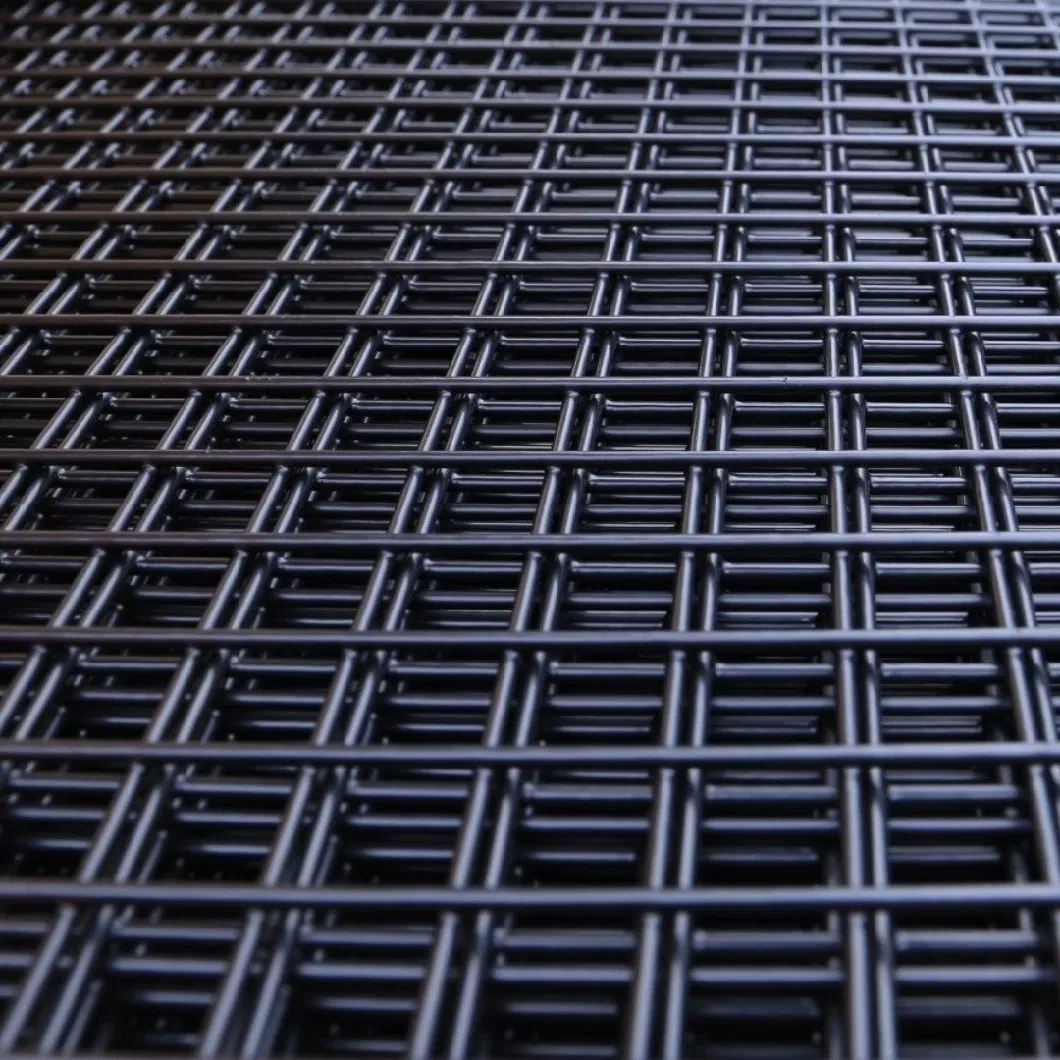The Cost of Temporary Fencing An Overview
Temporary fencing is an essential solution for various applications, including construction sites, events, security perimeters, and crowd control. With its versatility and ease of installation, temporary fencing is a popular choice among contractors, event planners, and organizations looking for a reliable protective barrier. However, understanding the costs associated with temporary fencing is crucial for budgeting and planning successful projects. In this article, we will explore the factors that influence temporary fencing costs and provide insights to help you make informed decisions.
Factors Affecting Temporary Fencing Costs
1. Type of Fencing Material The choice of material significantly impacts the overall cost of temporary fencing. Common materials include chain link, wooden panels, plastic barriers, and welded wire. Each material has its unique pricing structure, durability, and aesthetic appeal. For example, chain link fencing tends to be more economical, while wooden panels often provide a more visually appealing solution for events.
2. Height of Fencing Temporary fencing is available in various heights, typically ranging from 4 to 8 feet. Taller fences generally cost more due to the additional material required. Factors such as security needs and local regulations also play a role in determining the appropriate height for your project.
3. Duration of Rental If you’re renting temporary fencing rather than purchasing it, the length of time you need the fencing will directly affect the cost. Most rental companies offer discounts for longer rental periods, so it is wise to assess how long you will need the fencing beforehand.
4. Additional Features Optional features such as gates, privacy slats, and stabilizers can enhance the security and functionality of temporary fencing but will also add to the overall cost. For high-traffic events, investing in quality gates and professional-grade fittings can ensure better safety and flow.
5. Location and Accessibility The location of your project affects costs in various ways. Transportation fees can accrue based on how far the fencing company is from your site, and local demand for fencing can influence rental prices. Additionally, if the site is challenging to access, installation costs may increase.
temporary fencing cost

6. Installation and Dismantling While some temporary fencing options are designed for easy self-installation, hiring professionals for setup and removal may be necessary for larger or more complex projects. Labor costs can vary widely based on geographical region and the scope of work involved.
Average Cost Estimates
On average, costs for temporary fencing range from $1.50 to $10 per linear foot, depending on the factors listed above. A basic chain link fence could cost approximately $1.50 to $3 per foot, while more decorative solutions, like wooden panels, might range from $5 to $10 per foot. For a standard cost breakdown, consider the following hypothetical project
- Project Size 100 linear feet of chain link fencing - Cost per Foot $2 (average for chain link) - Total Cost for Fencing $200 - Installation Fee $100 - Duration of Rental $100 per week - Total for Three Weeks $300
Total Estimate = $200 (fencing) + $100 (installation) + $300 (rental) = $600.
Conclusion
Understanding the various factors that influence the cost of temporary fencing is crucial for effective project management. By carefully considering your needs, the type of material, installation requirements, and rental duration, you can develop a budget that suits your project while ensuring safety and security for your site or event. Whether you are hosting a large festival, overseeing a construction project, or controlling crowd flow, temporary fencing offers a flexible and effective solution to meet your needs. Always seek quotes from multiple suppliers to ensure you receive the best value for your specific requirements.
-
Turn Down the Noise: The Future of Highway Sound Barriers
NewsApr.09,2025
-
Silence the Sound: The Power of Highway Noise Barriers
NewsApr.09,2025
-
Reduce Road Noise Effectively with Highway Noise Barriers
NewsApr.09,2025
-
Noise-Free Living: How Highway Barriers Make a Difference
NewsApr.09,2025
-
Engineered for Silence: Highway Noise Barriers for Every Road
NewsApr.09,2025
-
Effective Noise Control: Highway Barriers for a Quieter Tomorrow
NewsApr.09,2025
Subscribe now!
Stay up to date with the latest on Fry Steeland industry news.

